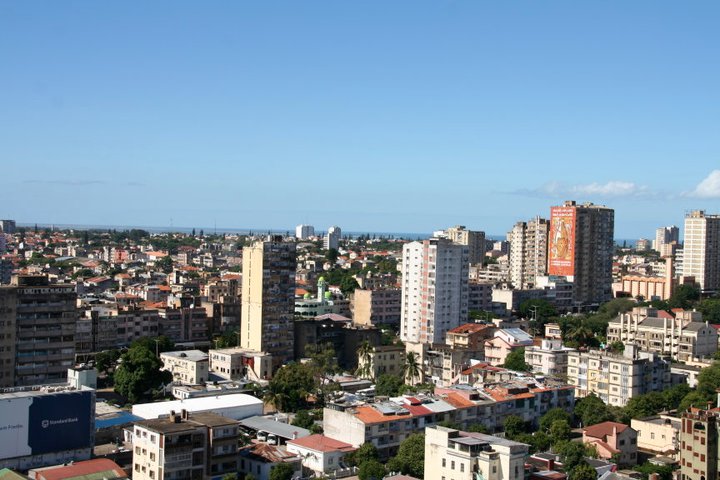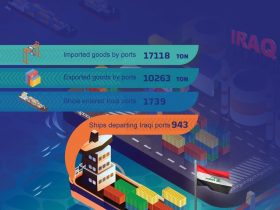
Mozambique’s main businesses
Mozambique, located in southeastern Africa, has a diverse economy with various sectors contributing to its growth. Its main businesses can be categorized into key industries such as agriculture, mining, energy, fisheries, and tourism, alongside emerging manufacturing and service sectors.
1. Agriculture
Agriculture is the backbone of Mozambique’s economy, employing the majority of its population. The country grows crops like cassava, maize, rice, and sorghum, which are staples for domestic consumption. Export-oriented crops include cashew nuts, sugarcane, and cotton. Mozambique is one of the world’s leading cashew producers, and its government has implemented initiatives to revitalize the sector. Small-scale farming dominates, though commercial farming is growing, particularly in regions with fertile lands and irrigation projects.
2. Mining and Natural Resources
The mining sector plays a crucial role in Mozambique’s economy. The country is rich in natural resources such as coal, natural gas, and heavy sands (containing titanium and zirconium). Mozambique has large reserves of coal in the Tete Province, making it a significant player in global coal markets. Furthermore, the discovery of offshore natural gas reserves has positioned Mozambique as a potential major liquefied natural gas (LNG) exporter, attracting investments from global energy giants.
3. Energy
Mozambique is emerging as a regional energy hub due to its vast hydroelectric potential, natural gas reserves, and renewable energy projects. The Cahora Bassa Dam is one of Africa’s largest hydropower projects, supplying electricity domestically and to neighboring countries. The development of LNG projects, particularly in the Rovuma Basin, has attracted substantial foreign investment, expected to boost the economy significantly over the next decade.
4. Fisheries
The fisheries sector, especially shrimp and prawn fishing, contributes to Mozambique’s economy. The country’s extensive coastline along the Indian Ocean provides rich fishing grounds. Shrimp is a major export product, while the domestic market relies heavily on small-scale and artisanal fishing. Efforts to modernize the industry include infrastructure development and sustainability practices to protect marine resources.
5. Tourism
Mozambique’s tourism industry is gaining momentum, thanks to its pristine beaches, coral reefs, and national parks. The Bazaruto Archipelago and Quirimbas Islands are renowned for their marine biodiversity, attracting divers and eco-tourists. On the mainland, Gorongosa National Park is a notable safari destination. While the sector has faced challenges, including infrastructure deficits and political instability, recent peace agreements and investments are boosting its growth.
6. Manufacturing and Industry
Manufacturing in Mozambique is in its early stages but growing steadily. Key products include processed food, beverages, textiles, and construction materials. The country’s industrial base is expanding with foreign investments, particularly in the cement and aluminum industries. The Mozal aluminum smelter is one of the largest foreign investment projects and a significant contributor to exports.
7. Services and Trade
The services sector is expanding, driven by banking, telecommunications, and retail businesses. Mobile banking and fintech solutions are particularly transformative, providing financial access to rural populations. Trade, both domestic and international, is facilitated by Mozambique’s strategic location and ports like Maputo, Beira, and Nacala, which serve as trade gateways for landlocked neighbors.
Conclusion
Mozambique’s main businesses are rooted in its abundant natural resources and strategic location. While agriculture remains vital, sectors like mining, energy, and tourism are driving diversification and economic growth. Investments in infrastructure, technology, and human capital are essential to harness the country’s full potential and ensure sustainable development.



Leave a Reply